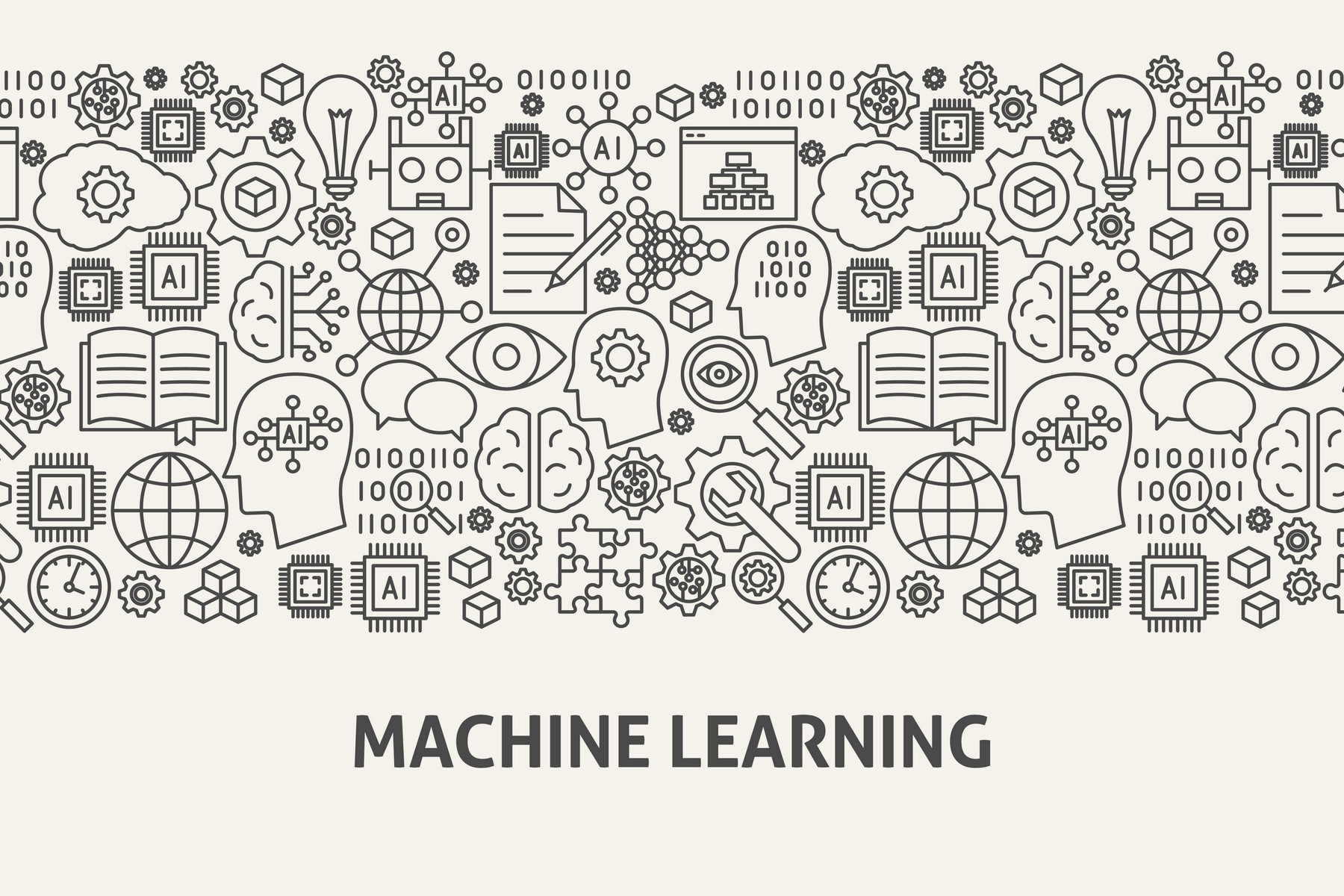Course detail
Introduction
Welcome to Machine Learning (2026)
Description: Machine learning revolves around creating computer programs that enable machines to learn from examples or experiences. It's an interdisciplinary field at the intersection of computer science, engineering, statistics, and pattern recognition. In recent decades, it has witnessed rapid theoretical progress and extensive real-world applications across various domains. These applications encompass machine perception (like speech recognition and computer vision), natural language processing (including large language models), time-series prediction, sciences, recommendation systems, medical diagnosis and prognosis, autonomous vehicles, predictive maintenance, sentiment analysis, and beyond. Machine learning serves as a driving force behind the ongoing wave of artificial intelligence.
This course offers a comprehensive introduction to machine learning, with the goal of elucidating fundamental methods and their theoretical underpinnings, while also addressing practical machine learning problems such as pattern recognition, prediction, clustering, and generative modeling.
Topics will include:
- Supervised learning methods: logistic regression, support vector machines, neural networks, K-nearest neighbors, and decision trees
- Unsupervised learning and clustering methods: K-means, Gaussian mixture models, Expectation Maximization algorithm, and principal component analysis
- Deep learning methods: deep neural networks, long short-term memory recurrent neural networks, convolutional neural networks, generative adversarial networks, and Transformers.
- Probabilistic graphical models - Reinforcement learning
Prerequisites: Probability and statistics theory (at intermediate level), linear algebra (at intermediate level) and programming skills in Python (at basic level).
Learning objectives: After attending the course, students must:
- have knowledge of supervised and unsupervised learning methods, deep learning, probabilistic graphical models, and Bayesian decision theory.
- be able to apply the taught methods to solve practical engineering problems.
- be able to evaluate and compare these methods within specific applications.
- have competences in analyzing given problems and identifying appropriate machine learning methods to them.
- have competences in understanding the strengths and limitations of these methods.
Teaching methods: The course will feature a combination of lectures, demonstrations of applications, and hands-on exercises.
Criteria for assessment: Evaluation will be conducted through participation in lectures and submission of exercise solutions.
Key literature:
Machine Learning ? A Probabilistic Perspective, Kevin P. Murphy, The MIT Press, 2012
Introduction to Machine Learning ? second edition, Ethem Alpaydin, The MIT Press, 2009
Pattern Recognition and Machine Learning, Chris Bishop, Springer, 2006
Pattern Classification, Second Edition, Richard O. Duda, Peter E. Hart, David G. Stork, Wiley Interscience, 2001.
Machine Learning: A Bayesian and Optimization Perspective, Sergios Theodoridis, Academic Press, 2020.
Organizer: Zheng-Hua Tan
Lecturers: Zheng-Hua Tan, Holger Severin Bovbjerg, Sarthak Yadav
ECTS: 3.0
Time: 20, 22, 24, 27 and 29 April, 2026
Place: Aalborg University
City: Aalborg
Maximal number of participants: 50
Deadline: 30 March 2026
Important information concerning PhD courses:
There is a no-show fee of DKK 3,000 for each course where the student does not show up. Cancellations are accepted no later than 2 weeks before the start of the course. Registered illness is of course an acceptable reason for not showing up on those days. Furthermore, all courses open for registration approximately four months before start of the course.
For external PhD students: This course is a general course and is prioritised for PhD Students enrolled at Aalborg University. If there are available seats, PhD students from other universities will be accepted. You will be notified shortly after the deadline if you have been accepted.
To attend courses at the Doctoral School in Medicine, Biomedical Science and Technology you must be enrolled as a PhD student.
We cannot ensure any seats before the deadline for enrolment, all participants will be informed after the deadline, approximately 3 weeks before the start of the course.
For inquiries regarding registration, cancellation or waiting list, please contact the PhD administration at phdcourses@adm.aau.dk When contacting us please state the course title and course period. Thank you.To participate in the course, you must register here.
Enroll